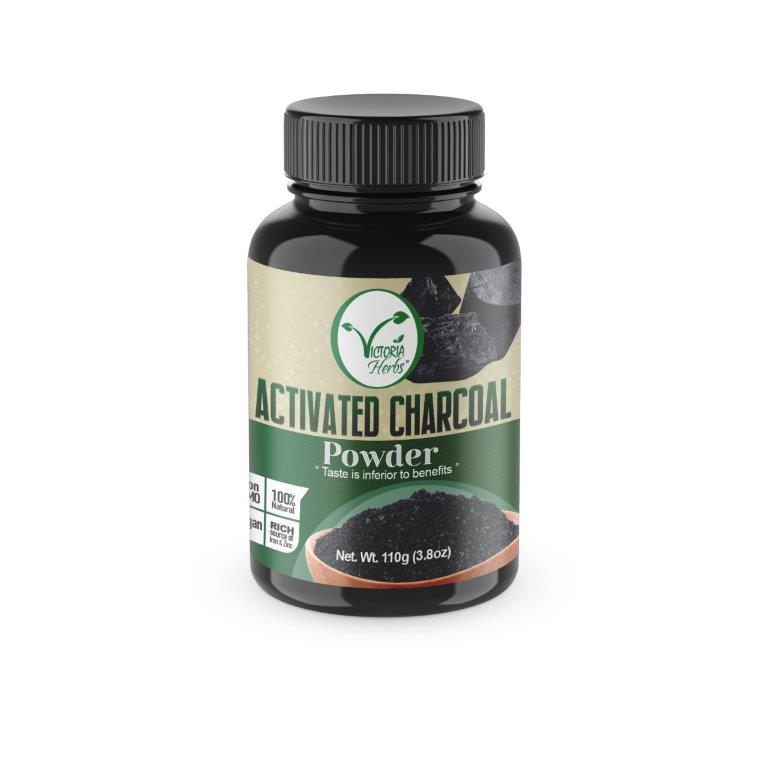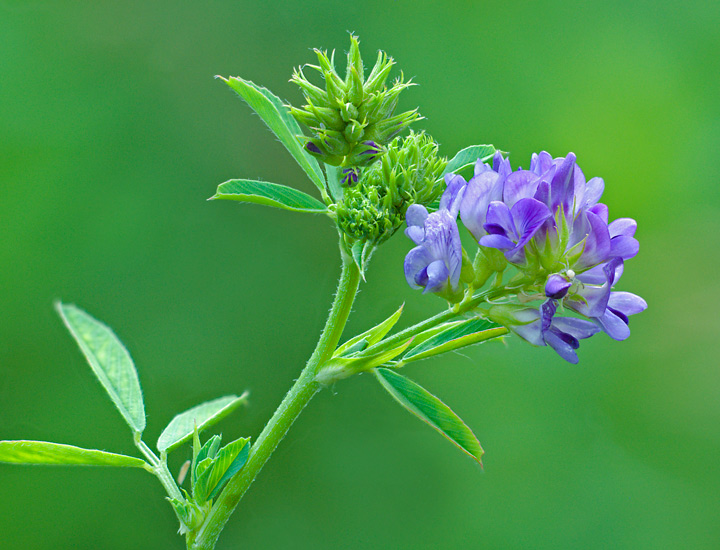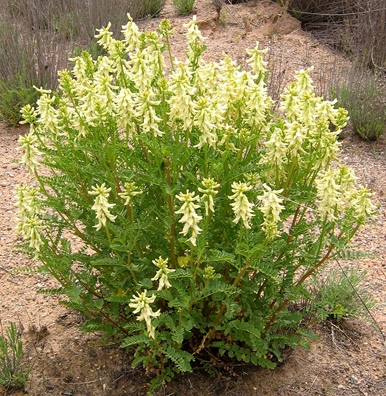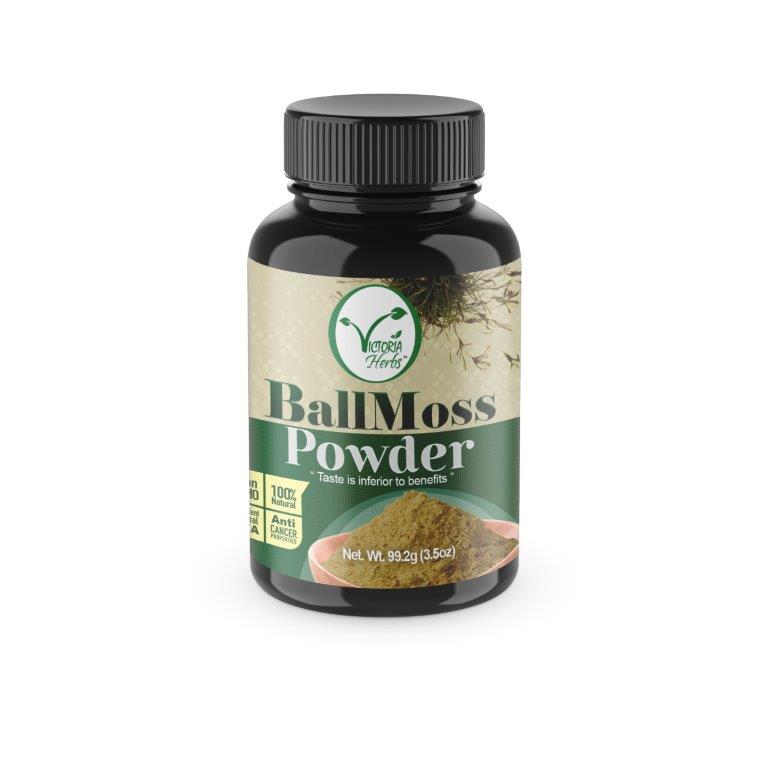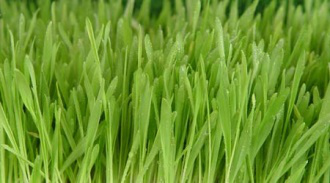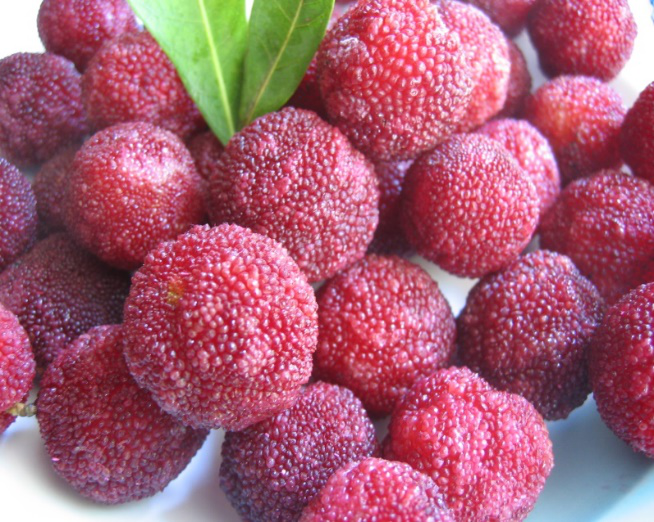Senna Pods Whole
-
$4.54
- Availability: In Stock
Botanical: Sennae folium Other common names: Cassia Senna, Senna Leaf, Alexandrian Senna, Egyptian Senna, Ringworm Bush, East Indian Senna, Nubian Senna, Rajavriksha Senna is a stimulating and powerful purgative that promotes the vigorous evacuation of the bowels. It helps to cleanse the colon and provide relief for severe constipation or when an easily-passed stool...
Botanical: Sennae folium
Other common names: Cassia Senna, Senna Leaf, Alexandrian Senna, Egyptian Senna,
Ringworm Bush, East Indian Senna, Nubian Senna, Rajavriksha
Senna is a stimulating and powerful purgative that promotes the vigorous evacuation of the bowels. It helps to cleanse the colon and provide relief for severe constipation or when an easily-passed stool is recommended after rectal surgery or prior to a colonoscopy.
Country of Origin: India
Beneficial Uses:
Senna is an effective and potent purgative with its action being chiefly on the lower bowel. The anthraquinones stimulate the bowel and increase the peristaltic movements of the colon by its local action upon the intestinal wall, leading to evacuation in approximately ten hours. The herb has been recommended as a stool softener for people who require a soft, easily-passed stool, especially when following rectal surgery or preparing for a colonoscopy. This active purgative principle (a glycoside) was discovered in 1866.
As a vermifuge, Senna has been used to destroy and expel worms and parasites from the intestinal tract, possibly due to the herb's powerful herbal laxative action.
As a colon cleanser, Senna may have positive results in improving skin afflictions (pimples, acne, etc.) and may also be potentially helpful for weight management.
Contraindications:
Great care should be taken with the use of Senna. Pregnant, nursing or menstruating women should not use Senna, and it is not appropriate for children under twelve years of age. People with intestinal blockage, inflammatory bowel disease, intestinal ulcers, undiagnosed stomach pain or appendicitis symptoms must avoid Senna. Senna can cause cramping, nausea and diarrhea, and the urine may take on a reddish hue (which is harmless). Long-term use is not recommended (more than one week at a time), since it may cause dependence and a weakened colon, aggravate constipation and result in a loss of potassium and other vital minerals, which is particularly dangerous to people with heart rhythm irregularities. Chronic constipation is usually indicative of another condition and should always be discussed with a physician.
This extract was taken from http://www.herbalextractsplus.com. Visit the site for further reading.



